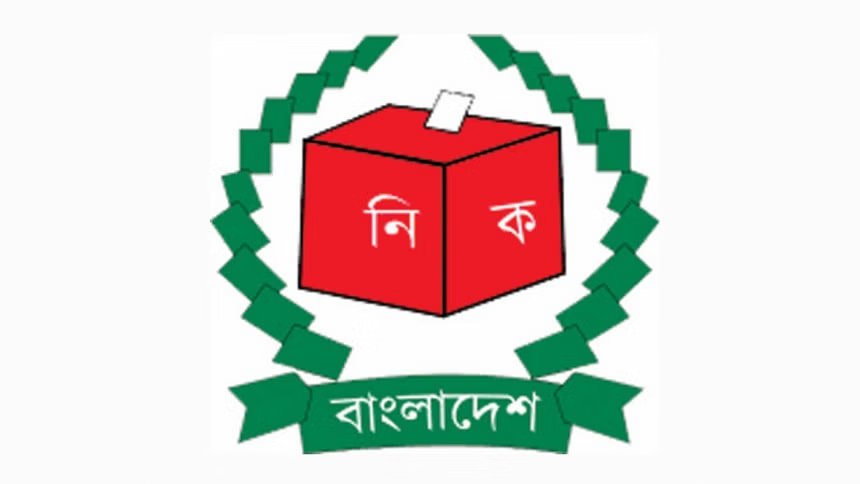The acknowledgement comes at a time when major political parties are at odds over which election should be held first.
The commission says it is preparing to hold the general election in December, and its officials believe that updating the voter roll -- registering new voters and dropping the names of the deceased people -- will not be complete before June.
Besides, holding elections to local government bodies -- city corporation, upazila parishad, municipality council, and union parishad -- takes about a year, Election Commissioner Anwarul Islam Sarker told.
The voter registration and deduction of death voters will continue till June, the commissioner said.
This means even if the Election Commission were to begin the process of local polls now, there would not be enough time to hold the national polls in December.
An election commissioner, requesting anonymity, said, "We are also observing the law and order situation. We all know the morale of law enforcers has been low since August 5. It would not be wise to hold local elections when police morale is still low."
Chief Adviser Prof Muhammad Yunus had earlier said the parliamentary election would probably be held by this year-end.
On Thursday, Election Commissioner Abdur Rahmanel Masud said, "We are not thinking about local elections at the moment. Local polls usually take place in phases. If we begin local elections at the moment, it will be almost impossible to hold the parliamentary election by December or January."
He told reporters in Dhamrai that the commission's main focus was on the parliamentary election.
"We have not received any request from the government regarding local elections," he added.
POLITICAL PARTIES AT ODDS
The BNP and its allies want the national polls before local ones while the Jamaat and the Jatiya Nagorik Committee want the opposite.
Mia Golam Parwar, secretary general of Bangladesh Jamaat-e-Islami, told a rally on Friday that to reduce public sufferings, local government elections should come before the national polls.
A day earlier, BNP acting chairman Tarique Rahman, said, "When the government is failing to control the prices of essentials or maintain law and order, why is it trying to further complicate the situation…? People do not understand this."
The democracy-loving citizens, he added, believe that holding the local elections before the national one would open ways for the rehabilitation of "accomplices of the fugitive autocrat…, and those responsible for genocide, money laundering, and mafia activities."
On February 18, LGRD Adviser Asif Mahmud told reporters that it was his personal opinion that holding the local government polls before the national election would be a good idea because the local government institutions could play an important role in organising a fair national election.
"But the final decision will come from the government after discussions with political parties," he added.
Meanwhile, the Local Government Reform Commission, in its preliminary report released on February 22, said it would be possible to hold local polls by June this year. It also said elections to all local government institutions could be conducted under a single schedule to save time and costs.
About this, EC Anwarul had said at the time that the commission was not officially aware of the recommendations.
In the last two weeks of February, the BNP, Jamaat, the Left Democratic Alliance, and several other political parties met the Election Commission separately.
At least eight political leaders, speaking at the first meeting of the National Consensus Commission on February 15, which was presided over by Chief Adviser Prof Muhammad Yunus, gave opinions against local government polls before the national ones. Some warned that such elections could lead to "bloodshed and chaos".
EC officials also pointed out that the interim government removed the representatives of all local government bodies, except the union parishad, and appointed administrators to do the tasks of mayors and chairmen.
As a result, elections will be needed in 11 city corporations, 61 zila parishads, 494 upazila parishad, and 331 municipalities.
The last union parishad elections were held between June 21, 2021, and February 7, 2022. Many of the 4,575 union parishad representatives are currently absconding.
No local elections were held under interim or caretaker governments in 1990, 1996, and 2001.
Similarly, no union, upazila, or municipality elections were held between 2007 and 2009 under the caretaker government. However, elections to Sylhet, Khulna, Barishal, and Rajshahi city corporations were conducted on August 4, 2008.
The third upazila elections took place in 2009, almost 19 years after the previous election in 1990, which was held during the HM Ershad regime.








